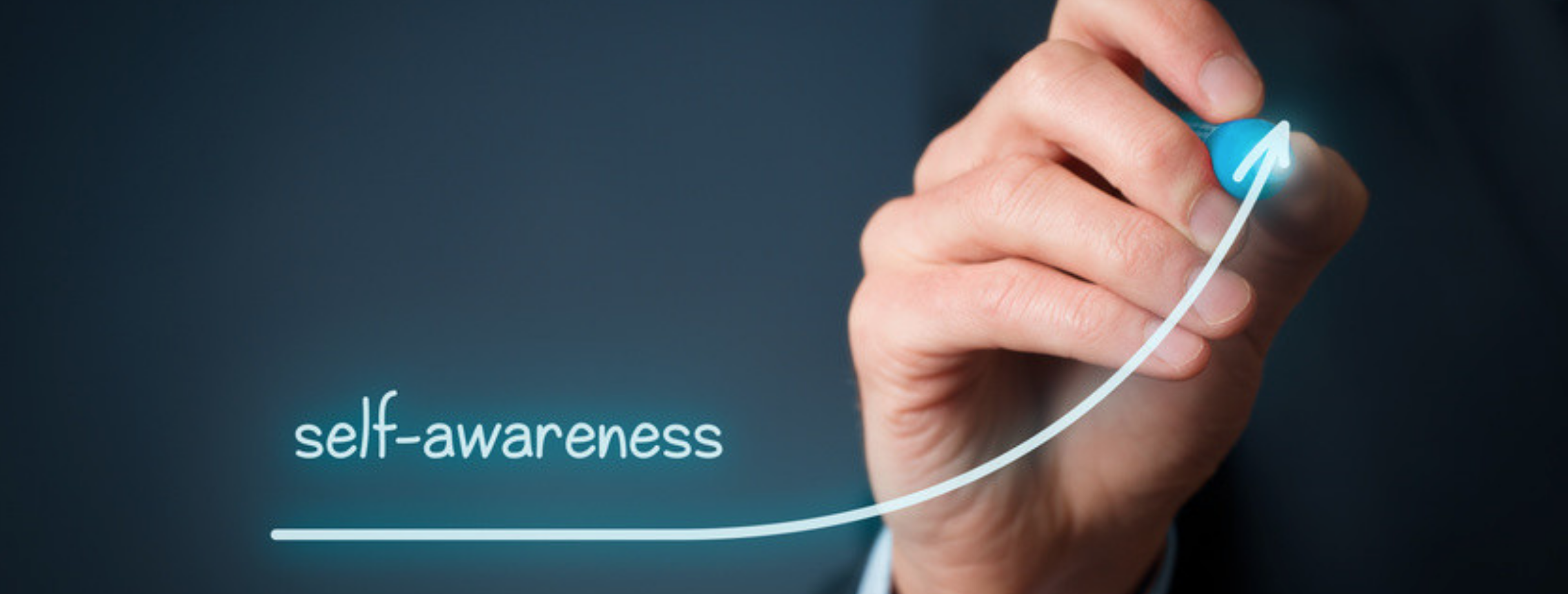HOW TO BECOME MORE SELF-AWARE THROUGHOUT YOUR LIFE
Self-awareness is a vital first step in taking control of your life, creating what you want, and mastering your future. Where you choose to focus your energy, emotions, personality, and reactions determines where you will end up in life. So, how to become more self-aware throughout your life?

1. Look at yourself objectively
Trying to see yourself as you really are can be a very difficult process, but if you make the right efforts, getting to know your real self can be extremely rewarding. When you are able to see yourself objectively, you can learn how to accept yourself and find ways to improve yourself in the future.
2. Write down your goals, plans, and priorities
Plan out your goals so they turn from ideas into a step-by-step process. Break down your larger goal into mini-goals so it seems less overwhelming, and tackle it head on.
Setting and achieving goals is a lengthy process, so if you'd like to learn more about this subject, then read these articles:
3. Perform daily self-reflection
In order to have self-awareness, you must do self-reflection. This requires setting aside some time, hopefully every day, to honestly look at yourself as a person and a leader. Committing to this practice can help you improve.
In our demanding business world, daily self-reflection is easier said than done. There is always pressure to do more with less, and an endless flow of information through our portable technology.
4. Practice meditation and other mindfulness habits.
Meditation is the practice of improving your mindful awareness. Most types of meditation focus on the breath, but not all meditation and mindfulness doesn't have to be formal. You can also find greater clarity from regular moments of reflection.
5. Take personality and psychometric tests.
Take these personality and psychometric tests to help understand what traits you have. Some popular tests that are aimed at increasing self-awareness include the Myers-Briggs test and the Predictive Index. There are no right or wrong answers to these tests. Instead, they compel respondents to think about a set of traits or characteristics that closely describe them relative to other people.
7. Ask trusted friends to describe you
How are we supposed to know what other people think of us? We have to listen to the feedback of our peers and mentors, and let them play the role of an honest mirror. Tell your friends when you are looking for open, honest, critical, and objective perspectives. Allow your friends to feel safe while they are giving you an informal yet honest view.
7. Ask for feedback at work
In addition to consulting friends and family, use a more formal process at work to get some feedback. If your company does not provide a structured way to do this, try to implement one. Provided it is constructive and well done, having an option for formalized feedback allows us to self-reflect on our own strengths and weaknesses.
To have an effective formal feedback system at work, you need a proper process and an effective manager. Once the feedback process is finished, it is important to reflect on it by writing down your main takeaways. Write down any surprising strengths and weaknesses that you did not realize you had before.
Source Developgoodhabits.com
|
The world famous training program in "Mindful Leadership" Please click HERE for more information |
- 5 Reasons Why Companies Are Investing in Emotional Intelligence
- How to Practice Mindfulness
- Want to increase trust in your leadership abilities?
- Three Ways to Build and Maintain Your Team’s Motivation
- How to Navigate Conflict with Emotional Intelligence
- How to Manage Conflict at Work
- WHAT REALLY DRIVES US: HOW TO BUILD TEAM PERFORMANCE THROUGH INTRINSIC MOTIVATION
- THE IMPACT OF EMOTIONAL INTELLIGENCE ON EMPLOYEE ENGAGEMENT
- THE IMPACT OF EMOTIONAL INTELLIGENCE ON EMPLOYEE ENGAGEMENT
- RE-ENGAGE WITH PURPOSE AT WORK






